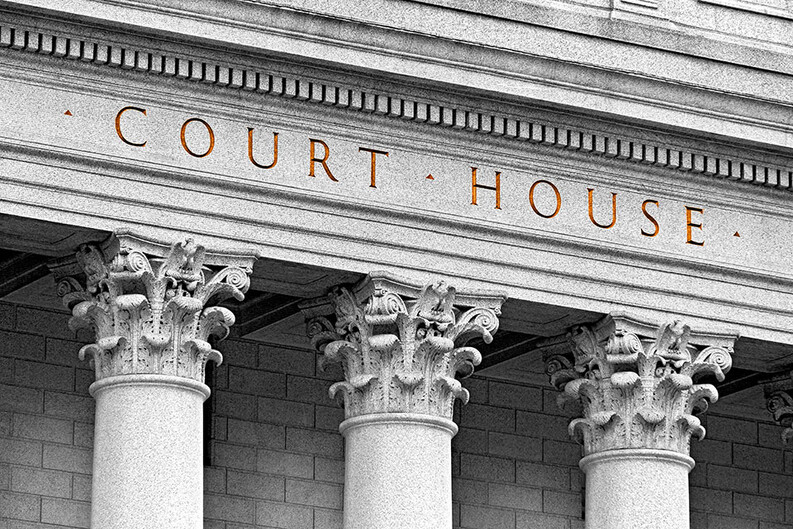Abrams Institute Files Amicus Brief in Access to Court Records Case

The Media Freedom and Information Access Clinic (MFIA) filed an amicus brief in the Second Circuit Court of Appeals last semester in Hartford Courant Company, LLC v. Carroll, a suit challenging a Connecticut statute that automatically closes criminal trials to the public if they are transferred from juvenile to adult court.
The brief on behalf of the Abrams Institute for Freedom of Expression explains that the First Amendment provides the public a qualified right to access court proceedings and documents. In an opinion issued in February, the court agreed, concluding that the public has a qualified right of access to the closed cases in adult court and affirming a preliminary injunction to block enforcement of Connecticut’s law. Under that law, when a potential juvenile offender’s case was transferred to adult court, the proceedings were automatically closed to the public. The Hartford Courant, represented by the Reporters Committee for Freedom of the Press, brought the suit.
The amicus brief argued that closing public access to the courtroom across the board is unconstitutional, as the First Amendment prohibits the state from enacting blanket closures of an entire category of cases in court. The brief recognized there can be compelling privacy interests in juvenile cases, but public closure should be decided on a case-by-case basis.
“The access right plays an important structural role in our criminal justice system,” says MFIA student Sara Sampoli ’21. “It enhances the functioning of criminal proceedings, promotes the fair application of the law, and enables the public to exercise meaningful oversight. These values apply just as forcefully to the proceedings of juveniles tried in adult criminal court."
The public’s First Amendment right of access to court proceedings is essential for the public to understand how its government is exercising its power and for journalists to hold the government accountable. Minors charged with crimes so serious that they are prosecuted as adults face life-altering consequences that should not handed down in secret.
“Public access to court records is about public accountability,” said MFIA Clinic Craig Newmark Legal Fellow Michael Linhorst. “If we shield all of these cases from public scrutiny, the public will have no way to know if justice is being done or the system needs to change. The access right ensures the public can perform that check on government power.”
“The public’s right to observe and evaluate important government proceedings is a bedrock principle of our system of democratic self-government,” says MFIA student Emily Wang ’22. “This principle is especially salient in the context of criminal trials, where the government adjudges guilt and innocence.”
The Media Freedom and Information Access Clinic (MFIA) is a law student clinic dedicated to increasing government transparency, defending the essential work of news gatherers, and protecting freedom of expression by providing pro bono legal services, pursuing impact litigation and developing policy initiatives.
By Leah Ferentinos


